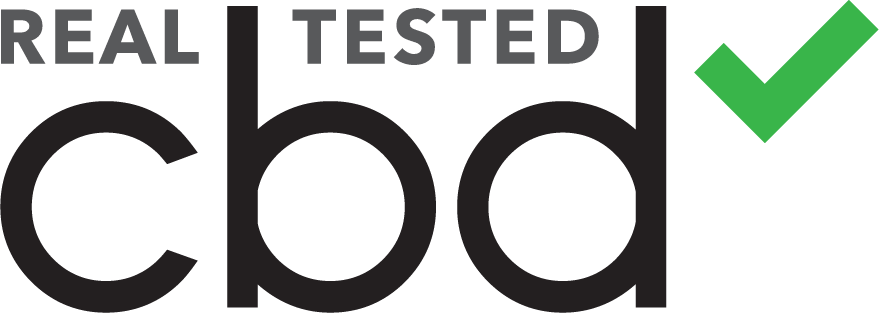This article was originally published on Real Tested CBD. To view the original article, click here.
You may have heard of Delta-8 THC by now, but are curious as to what it actually is?
It’s not exactly marijuana or the tradition THC we know of. It’s also not exactly like the cannabinoid CBD either. Think of a middle-ground between the two, and delta-8 THC falls somewhere in between. Let’s break down what exactly delta-8 is and how it could be useful to you.
What is Delta-8 THC?
Delta-8 THC occurs in all cannabis and hemp plants in very small concentrations, with most of the delta-8 THC available being produced from hemp plants. Hemp and marijuana plants are both part of the cannabis plant family, though hemp typically has a drastically lower THC concentration.
Delta-8 THC is a minor cannabinoid found in cannabis and hemp plants. Delta-8 THC is a close relative of delta-9 THC (the cannabinoid most commonly associated with marijuana) with a similar molecular structure, but with a few key differences. From a chemical standpoint, delta-8 THC and delta-9 THC differ due to the location of a double bind in their molecular chain. Delta-8 THC contains the bond on the 8th carbon chain while delta-9 THC has it on the 9th carbon chain.
How Does Delta-8 Effect The Brain and Body?
Though research surrounding all cannabinoids is relatively new and still emerging, there is less knowledge in the direction of minor cannabinoids like delta-8 compared to the primary ones like traditional THC or CBD. Though there is a small difference in chemical structure between delta-8 and delta-9 THC, there is a noticeable difference in how each impacts the body’s endocannabinoid system (ECS).
Delta-8 THC’s bond with the CB1 receptor is somewhat like that of delta-9 THC, but due to its distinction in molecular structure the interaction is different. Delta-8 THC can bind to CB1 receptors within the ECS, but less is known about the bonding with CB2 receptors. Users of Delta-8 THC have reported similar effects that like of traditional THC, but less amplified. The CB1 receptor within the ECS is largely responsible for moderating the psychoactive effects of THC, so the difference in bonding could be the reason for the reported reduction in psychoactive properties.
Delta-8 THC vs CBD
The reduced psychoactive effects of delta-8 THC have brought about comparisons to CBD. Though both cannabinoids have potentially therapeutic properties, CBD is not a psychoactive component, while delta-8 can still be depending on the product and its potency. CBD similarly interacts with the CB1 and CB2 receptors in the ECS, but is not thought to cause any mind-alerting states, and has actually been found to potentially offset the psychoactive properties of traditional THC.
Delta-8 THC is like a “middle-ground” between traditional THC and CBD, creating more a “euphoric” feeling instead of a “high” that is more body than mind based. Delta-8 is thought to contain properties useful for pain relief and relaxation, but these impacts could be less potent due to delta-8’s primary interaction with only one receptor in the ECS. In comparison to CBD, delta-8 is more for recreational use than therapeutic use, but this could change and more products and research emerges.
Where To Find Delta-8 THC
As the popularity of Delta-8 continues rise, so does the discussion on delta-8’s legality on a federal level. For now, delta-8 is okay for use federally, but again, states have the power to control the use and distribution of delta-8 THC. Some states have already started to place restrictions on delta-8, so be sure to familiarize yourself with local laws before buying hemp or cannabis products. It is also important to always turn to reliable and safe sources for your hemp-based products, to ensure legality and effectiveness.
Turn to Real Tested CBD to take the guess work out of your next hemp purchase. With reviews and independent lab-test results on potency, purity and quality from brands across the industry. Buying from transparent and trustworthy sources is the best way to guarantee your hemp purchase, whether it contains delta-8 THC or not, is on the right side of your state’s laws.
Advertising disclosure: We may receive compensation for some of the links in our stories. Thank you for supporting Irvine Weekly and our advertisers.


